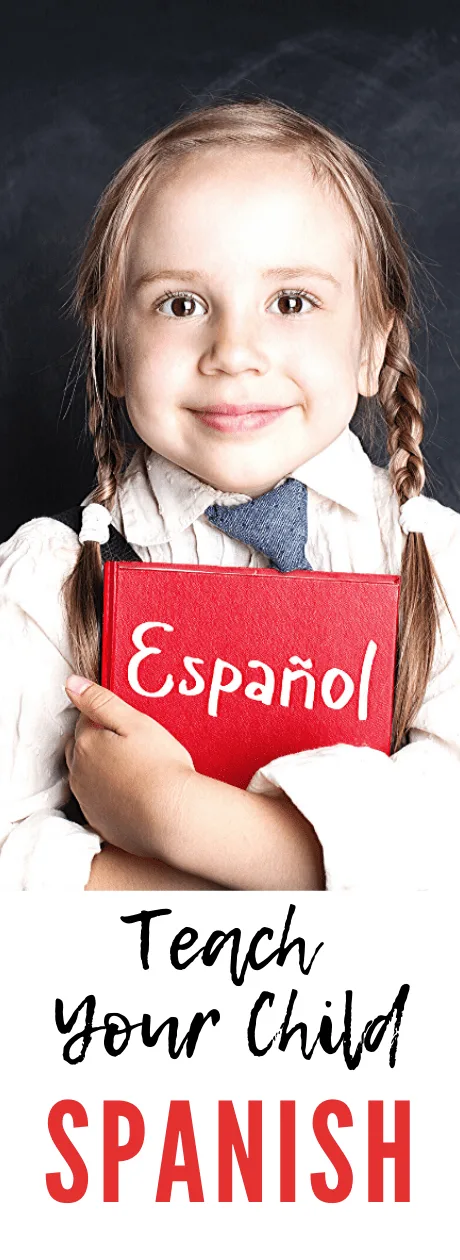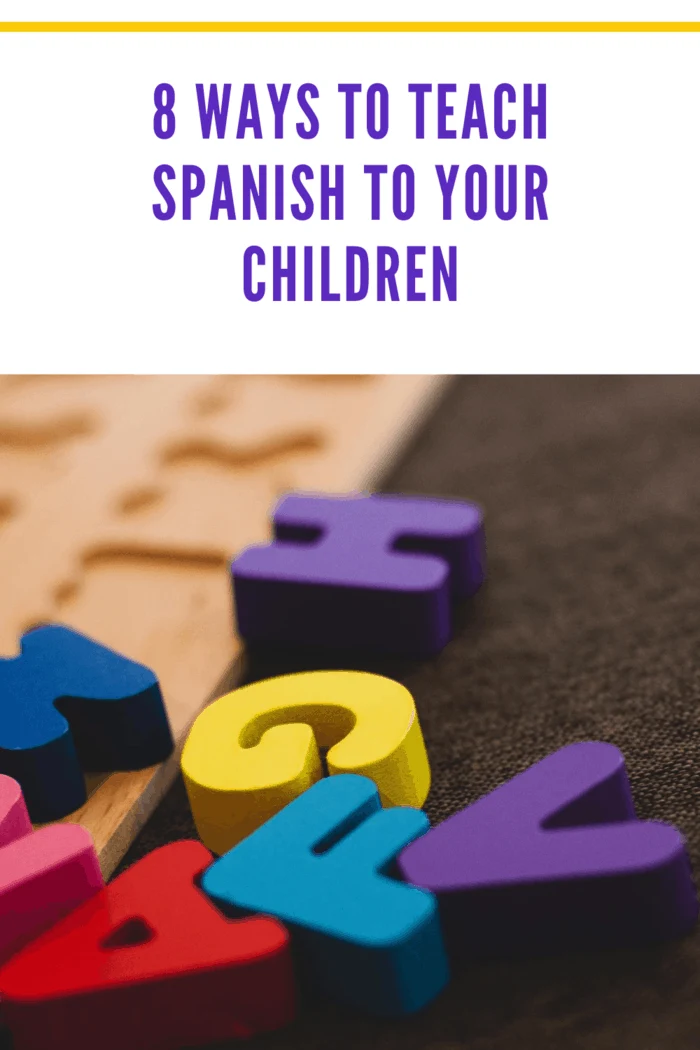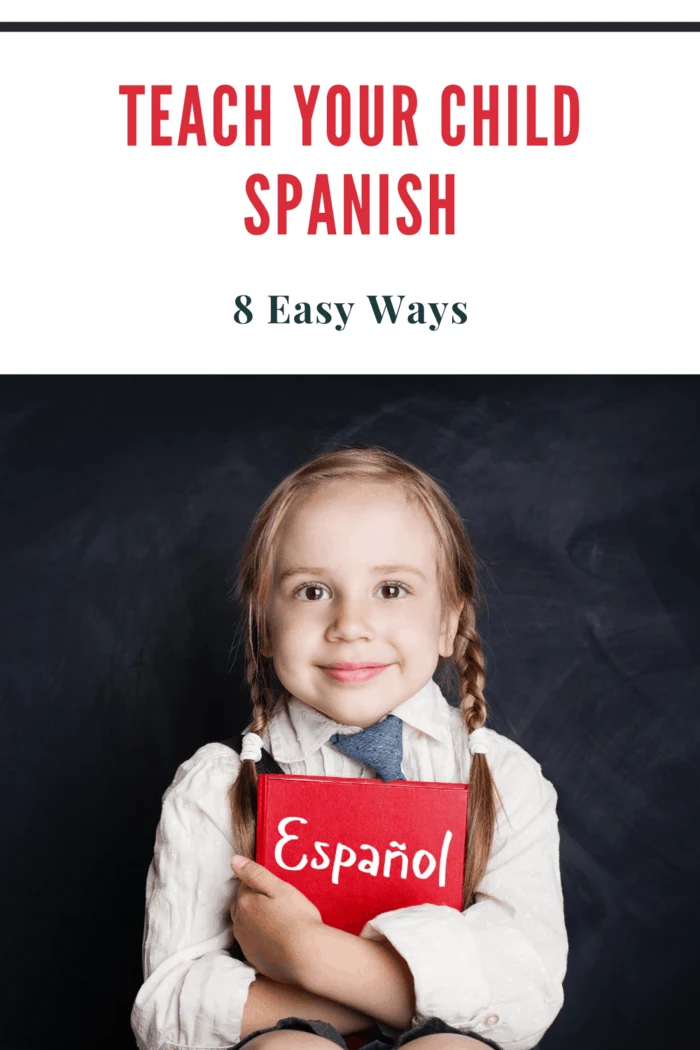Teaching a foreign language to children is not always an easy task. For many reasons such as moving to a Spanish speaking country or just for developing linguistic skills, Spanish is more and more required for kids to learn. Here are 8 ways to teach Spanish to your children.
To facilitate the assimilation of vocabulary and simple sentences, various means are available to parents. Teaching Spanish to one or more children must above all be a fun endeavor. Below are some ideas for integrating languages into everyday life.

1- Explain why learning Spanish is important
It is completely futile to force a child to another language if he does not understand why. Involving the kid is essential. If you are moving, explain that the family will be meeting some classmates and teachers who do not speak English at all. It is normal that the child does not understand straight away: it’s difficult at the age of 3 and 5 to project into such an unlikely future. But the kid will feel he has to prepare for a change and it has a direct effect on his motivation.
2- Linguistic immersion
Learning a foreign language for a child begins with oral communication. From the first months, do not hesitate to “immerse” him in the desired language so that he becomes familiar with its sounds, all the more so if it is the mother tongue of one of the parents.
Over the months and the first few years, you may adopt a strategy that may consist of associating a parent with a language, planning time slots dedicated exclusively to speaking a language or even associating a place with a language.
If you choose Spain for having holidays, do not hesitate to do some research on Spanish institutes that have special programs for children. Expanish is a well-known school to learn Spanish Barcelona for all the family.
3- Associate a location with a language
Even if the child will do it naturally, it is possible to associate a place with a language. For example, the house can be associated with English, school with Spanish and the grandparents’ house with French.
4- Activities with your child
Talking in a language with your child during daily activities, such as crafts, cooking or during the bath, allows them to enrich their vocabulary and to get used to the turns of sentences.
This is a way of “immersing” the kid in the language and familiarizing him with its sounds. This is a great opportunity for the child to be taught about Spanish culture as a game: try some flamenco moves or even cook some Spanish traditional dishes together for dinner.

5- Repeat, repeat, and repeat
You may have the impression that the child has taken in a word or a phrase. Yet the next day, they no longer know anything. The fact of repeating a word, of playing with it, of using it in another context will allow the kid to appropriate it in a more lasting way. So do not be afraid to sound a little like a parrot!
6- Stop evaluating
Is it so bad if your child makes a mistake? Should you systematically take him back when they make a mistake? Such behavior often causes the kid to become discouraged. Opt for a more open attitude: invite the child to think about what he just said, make a joke or a pun or simply ignore it to let his voice be heard. enthusiasm. Your example will allow the kid to improve.
7- Use kids’ passion for films and / cartoons
Is your child addicted to a cartoon or a movie and watches it over and over? Once he knows it “by heart”, why not broadcast the program (s) concerned in Spanish? Thanks to intonations, facial expressions and his excellent knowledge of the medium, he will undoubtedly be able to assimilate some vocabulary.
8- The Spanish music
Music softens manners, it seems. It is also an excellent ally for learning languages in a fun way to a child. Indeed, what could be better than a heady-rhythm song that stays in mind to learn Spanish vocabulary without realizing it?
Learning Spanish will be a great tool for your kids: they will develop their minds, their culture and also will open their curiosity towards other countries and societies. The most important is to keep it as a game and not as a responsibility: frustration is the worst enemy when learning a foreign language!

